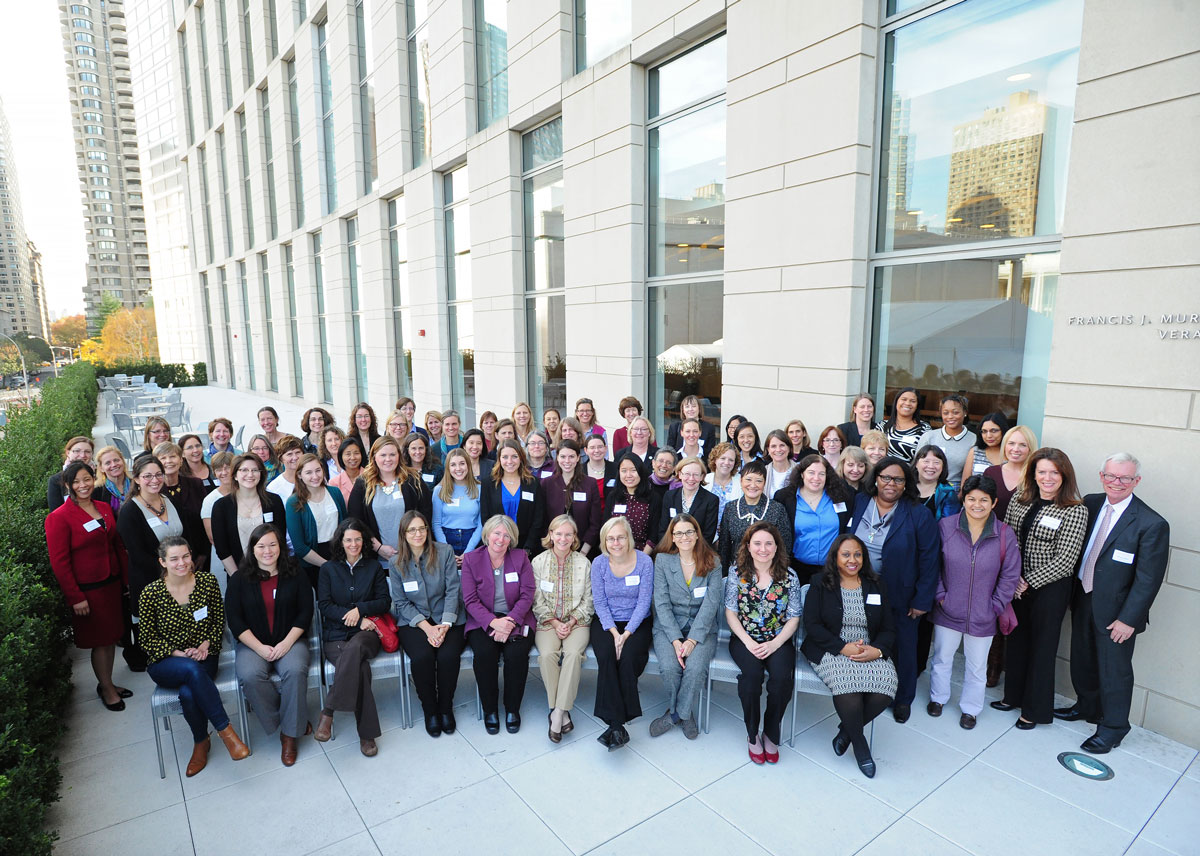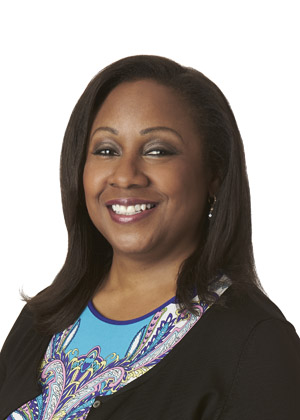“Those who are filled with arrogance will have no room for wisdom.”
—Tanzanian proverb
Nanobots that seek and destroy cancer cells in the human body!
A robotic exoskeleton helps a young man with cerebral palsy walk at his graduation!
Artificial intelligence that can reliably diagnose rare diseases!
The birth of CRISPR gene-edited twin babies!
Algorithms shown to contribute to bias in incarceration!
Silicon Valley billionaires who seek to “cure” death!
It seems that for every headline chronicling a cutting-edge, STEM breakthrough that promises to advance human capacity or reduce suffering, another warns of an impending nightmare scenario, describes STEM’s role in increasing societal disparities, or—at the very least—highlights a topic that should be the subject of significant discussion and debate.
For 30 years, the Clare Boothe Luce Program of the Henry Luce Foundation has sought to “encourage women to enter, study, graduate, and teach” in science, mathematics and engineering. To date, the program has supported more than 2,500 women at nearly 200 institutions. In recognition of the Program’s 30th anniversary, we are highlighting what we see as a critical but generally under-addressed aspect of the study and teaching of science: STEM Ethics and Society.
Clare Boothe Luce Professors are leaders and innovators, conducting groundbreaking research and educating future scientists. How are these high-achieving women balancing the potential benefit of their scientific research and discoveries against the potential—real or perceived—to do harm? How are they educating the next generation of scientists to recognize this dual capacity in their work? What role, if any, do students see themselves having in the discussion of ethics in STEM? Is there a responsibility on the part of the higher education sector to ensure that wisdom is imparted along with scientific knowledge? If so, whose responsibility is it? What are some institutions doing to ensure that both STEM students and faculty recognize the responsibility that comes with the power of their science? Who is doing work to actively counter or mitigate the impact of technologies that may have already contributed to societal inequities (e.g., bias in Artificial Intelligence)? Finally, how are CBL participants communicating STEM ethics to the public?
Room for Wisdom isn’t intended to offer solutions to these issues, only to raise awareness of them, to start conversations about how to begin addressing existing challenges, to share what’s already being done at some of the nation’s top higher education institutions, and to encourage the next generation of scientists to think about the role of STEM ethics and society in their work.
We believe that the 2,500+ women and more than 200 institutions of higher education that have participated in the Clare Boothe Luce Program during its 30 year existence represent a significant braintrust at the leading edge of STEM in the U.S. today. We will draw on this vibrant community to share their insights on how to approach, address, and hopefully preempt what could be some of the most challenging issues of our time. Throughout the year, guest bloggers and Foundation staff will share posts that address one or more of the above questions and share their personal and/or professional perspectives on STEM ethics and society.
We launched our Room for Wisdom activities on June 3rd with a roundtable convening of noted STEM ethics experts and educators who shared information about their current work in this area and provided insight into where they believe the challenge and promise lies in the future.
We used to ask “can we…?” Now perhaps the question to ask is “should we…?” Furthermore, how do we address these STEM ethics and society questions on college and university campuses, and how do we get the word out to the public?
Thanks for reading, and we look forward to celebrating 30 years of supporting women in STEM with you by focusing on this important topic!
Carlotta M. Arthur, Ph.D.
Director, Clare Boothe Luce Program, Henry Luce Foundation
“Knowledge without wisdom is like water in the sand.”
—Guinean proverb
Author Bio
Carlotta M. Arthur, Ph.D. directs the Clare Boothe Luce (CBL) Program at the Henry Luce Foundation. Since its inception in 1989, CBL has been one of the most significant sources of private support for women in science, mathematics and engineering in higher education in the U.S. Prior to joining Luce in 2012, Carlotta directed the Mellon Mays Undergraduate Fellowship and Diversity Initiatives Programs at the Andrew W. Mellon Foundation. The first African American woman to earn a B.S. in Metallurgical Engineering from Purdue University, she later completed a Ph.D. in Clinical Psychology (Psychophysiology) at SUNY Stony Brook. Carlotta was a member of the inaugural cohort of W.K. Kellogg Scholars in Health Disparities at the Harvard School of Public Health; an Assistant Professor at Meharry Medical College, an HBCU in Nashville, TN; and an Adjunct Assistant Professor at the Dartmouth Geisel School of Medicine. Dr. Arthur is a member of the Society of Women Engineers (SWE) Research Advisory Committee and sits on the American Psychological Association Leadership Institute for Women in Psychology Advisory Committee.
Sign up for updates
Explore Themes and Ideas

































































